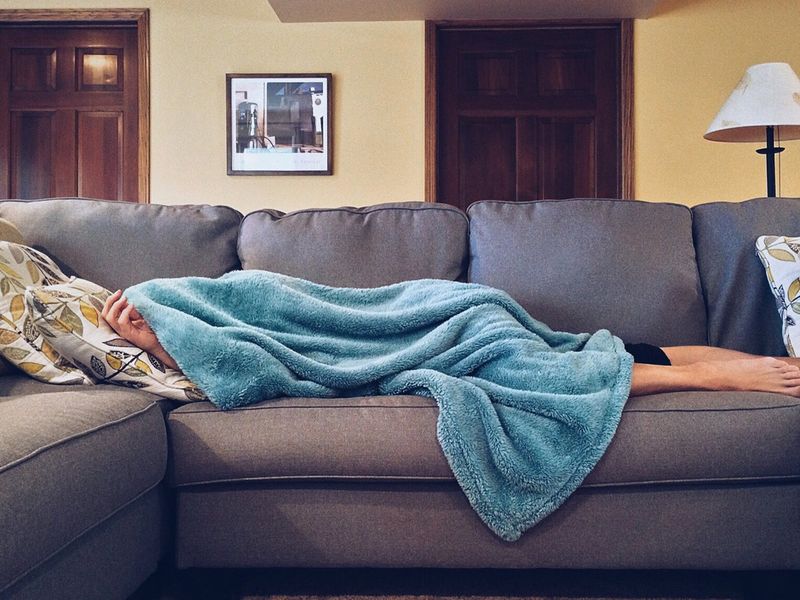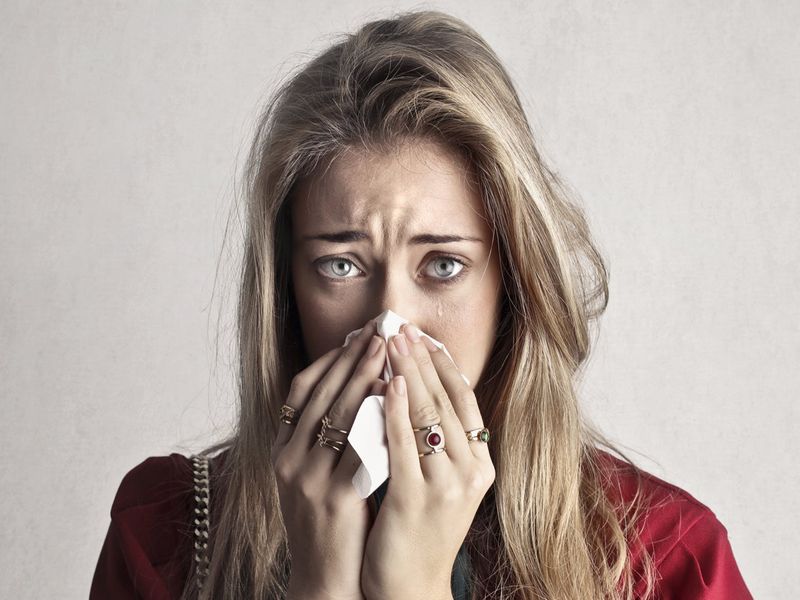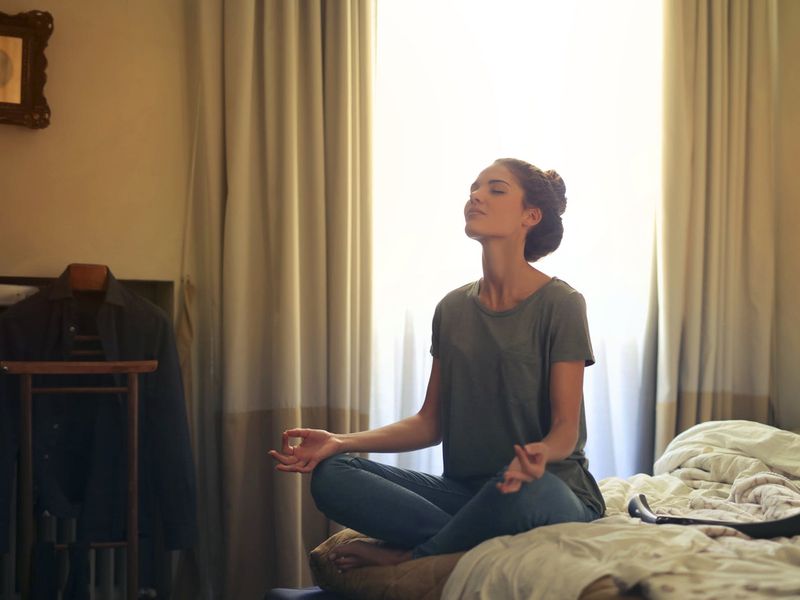
Dubai: Quarantine and isolation are two different things, but tend to be used fast and loose, interchangeably, quite often.
Isolation is separation of the infected from those who have not been exposed. While quarantine is the restriction of movement of people who might have been exposed to a contagion for periods of time till deemed safe, and this can be either voluntary or involuntary.
As the coronavirus advances globally and still ‘containment’ is being used as the primary line of defence against this pathogen, quarantine has become par for the course. But, keeping in mind the psychological conditioning of humanity, the impact of applying quarantine needs to be understood, especially as there seems to be an underlying fear among people surrounding it.
There is a general sentiment akin to exile linked to quarantine, which is understandable because of the stigma surrounding an infectious disease. But, is that the right way to look at it?

What is the psychological impact of quarantine?
As per a detailed report released by one of the world’s oldest medical journals, The Lancet, the negative psychological effects of quarantine include “post-traumatic stress symptoms, confusion, and anger”.
There are those who think it translates into quiet me-time with their favourite movies, TV shows and fluffy slippers, but many are so wary that they are afraid of reporting symptoms.
Is that reaction justified? Well, quarantine could be an unpleasant experience for those who have to undergo it because at its core it means a loss of freedom, physical separation from friends and family and after a point - boredom.
There is also a latent sense of anger at having found themselves in that circumstance, all of which can escalate.
The Lancet explained that the word “quarantine was first used in Venice, Italy in 1127 with regards to leprosy and was widely used in response to the Black Death, although it was not until 300 years later that the UK properly began to impose quarantine in response to plague”. So, the association has always been highly negative.
One of the common issues to occur in people quarantined is apparently a “low mood”, which might change once they are cleared. However, if this occurs in people who are already suffering from anxiety or depressive symptoms, the effect could be dramatic. There have been reported cases of suicide in the past.
Duration of quarantine
One study quoted in The Lancet showed that “those quarantined for more than 10 days showed significantly higher post-traumatic stress symptoms than those quarantined for less than 10 days.
Confinement, loss of usual routine, and reduced social and physical contact with others were frequently shown to cause boredom, frustration, and a sense of isolation from the rest of the world, which was distressing to participants.”
The Lancet stated that “longer quarantine is linked to poorer psychological outcomes”, with incubation periods now being considered around 14 days, ideally quarantine in the coronavirus, as per international medical professionals would last about 28 days.

The problems that could occur
• Frustration at not being able to do daily activities, including going shopping for basic items, etc.
• Unhappiness and distress at developing shortage of basic supplies such as food and water.
• Fear at the mere hint of developing an infection or any other ailment.
• Panic at feeling that access to immediate healthcare might not be easy because of isolation from family and friends.
• Anger at interruption in professional activities that may or may not have economic impact. Studies found: “People who are quarantined and have lower household incomes might require additional levels of support, along with those who lose earnings while in quarantine (such as self-employed people who are unable to work or salaried staff who are unable to take paid leave).”
• Embarrassment from having to go into quarantine, as it might result in stigmatization in the neighbourhood, and among friends, with people avoiding them in the future for fear of infection.
• Paranoia of being infected in the future, again, or even of infecting others.
As we can see, each of these issues are in some measure driven by individual reactions to the idea of quarantine. And sometimes, people cannot control these reactions.
So what can be done to ensure that people deal with quarantine in a matter of fact manner – as a course of treatment and protection?

• Awareness – This is key, as lack of transparency in information aggravates the fear of quarantine, as research on SARS (Severe Acute Respiratory Syndrome) and Ebola patients have shown scientists in the past.
• Community support – From a place of knowledge comes the sense that people fighting the coronavirus and placing themselves in quarantine are doing society a favour. And that sense of altruism should be appreciated rather than criticised.
• Family and friends – It becomes imperative that loved ones stay connected using phones and social media platforms at all times to prevent that sense of isolation.
• Routine – Help people in quarantine develop a daily routine of tasks so that they continue to have a semblance of normalcy in their lives.
• Professional help – It is necessary for family and friends to try and get people in quarantine regular access to psychiatrists for informed support.
• Meditation - There are several apps available that help users with meditation techniques, formats and routines. It helps with mental well-being and a sense of positivity.
• Employers – Need to be supportive of employees who might need to go into quarantine, ensure that they are not impacted economically.
• Exercise - It is good to stretch and move around a bit, helps keep muscles supple and boost immunity. Gentle yoga is an excellent option, if the person in quarantine feels up to it.
• Catch up - On reading - print and audio books, online movies, gaming, etc. It will help divert attention and even pass time. For many there is also the option to work remotely.
• Hobbies - Picking up a craft such as origami or doing number and word puzzles are a good way to keep the mind sharp and push boredom away.








